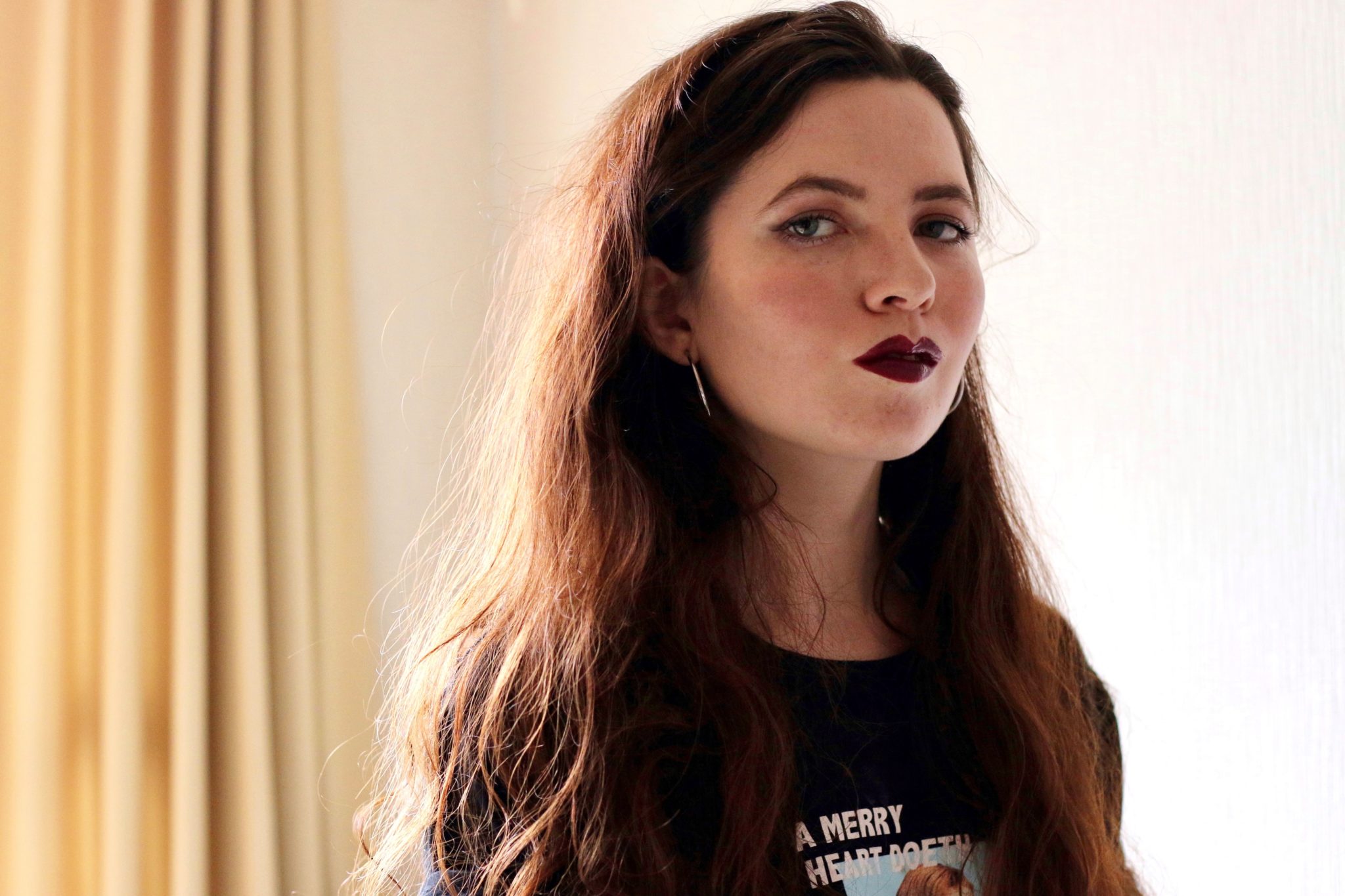Naoise Dolan, author of Exciting Times. (Supplied)
Author Naoise Dolan chooses seven of her favourite queer novels from recent year and past centuries.
I was going to call this piece “the best queer love stories”, but isn’t that exclusivity, that hierarchy, the whole problem with ‘representation’? When art is presented as zero-sum, we tear everything to pieces that doesn’t speak to us personally. In reality, the more queer stories there are, the less burden there is on any book to represent all of us, which would be boring even if it were possible. If I wanted to see myself a million times I’d go to a funhouse. So I won’t pretend my selection is authoritative or complete. Here are seven queer novels from recent years and from past centuries that have moved me immeasurably and that have changed how I think about love.
Detransition, Baby – Torrey Peters
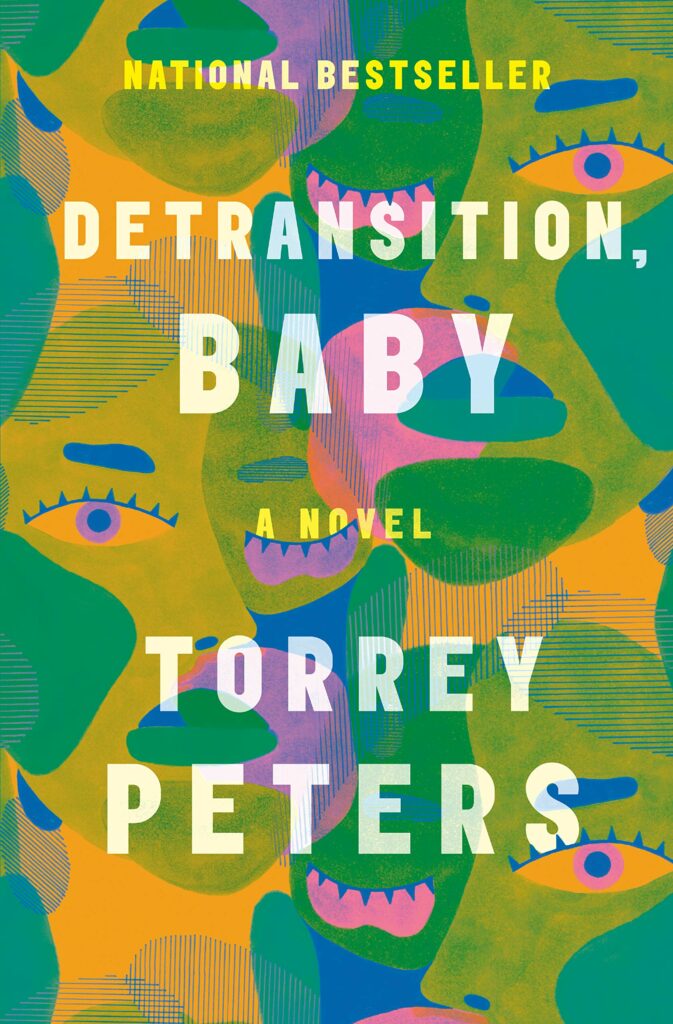
Torrey Peters writes like nobody’s business. Her wicked humour, her zipping compression, her balance of glib humour with sudden emotional heft – she’s brilliant. She has so much to say about love. Set in contemporary New York, Detransition, Baby explores the love between Reese, a trans woman, Ames, her detransitioned former partner, and both their attachment to Katrina, Ames’s current cis partner; in shared pursuit of parenthood, all three have stakes and agendas that they can’t neatly reconcile with their heart. Even Peters’ final dedication is an act of love: she says the book is for divorced cis women, whom she’s both taught and learned from. Her debut novel is a story of coalition rather than cloying ‘allyship’, and I’m excited to see how that ethic informs Peters’ future work.
Buy the book here.
The Death of Vivek Oji – Akwaeke Emezi
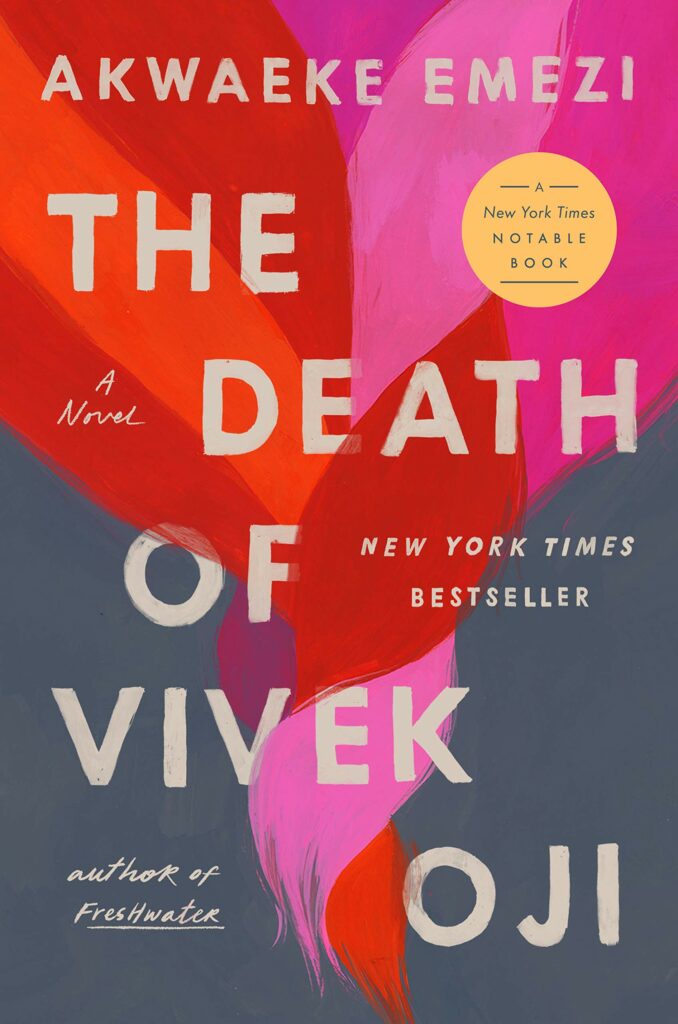
Akwaeke Emezi truly understands queer families of choice in this intimate novel mourning a bright, multifaceted young Nigerian. We know right away that Vivek dies, but Emezi writes him with such loving detail that you can’t help reading on, just in case he’ll survive after all. Love is complicated here, whether it’s needing to sever or modify family ties, or feeling an intangible additional bond in recognition of shared queerness. Above all love comes through for Vivek, even from relatives who couldn’t or wouldn’t see all of him while he was still alive. He’s known all along that he’s not how everyone perceives him, but he can’t put words on why. His impact on those around him celebrates a life that we know from the start has reached its end.
Buy the book here.
La Bastarda – Trifonia Melibea Obono (translated by Lawrence Schimel from the 2016-published Spanish)
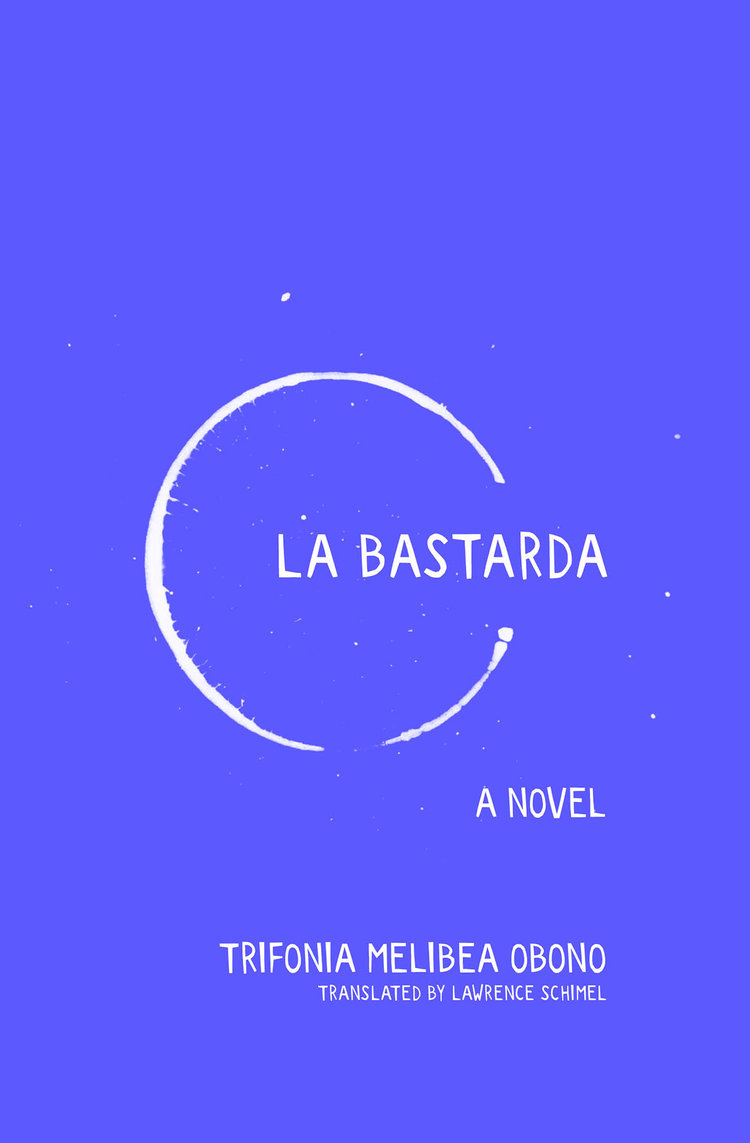
Set in the early 2000s in a mainland Equatorial Guinean village somewhere near a border with Gabon, La Bastarda is the story of Okomo, an orphaned teenager who joins a gang of village outcasts. The novel images a new queer world for these characters that affects not only their love lives but their entire value systems, breaking clean from how society around them lives. Present too is the charged love of families torn apart, jealousy, and the rush of queer affinity, how isolating it is to have lacked it and how cathartic it is once it’s found: “Whenever women around me would tell stories about their sex lives, I’d feel overcome with guilt for not being more like them; sometimes I felt I had no air in my lungs. Who would I talk to about my own desires? I didn’t know how to answer that question; I was afraid to even think it.”
Buy the book here.
Notes of a Crocodile – Qiu Miaojin (translated by Bonnie Huie from the 1994-published Chinese)
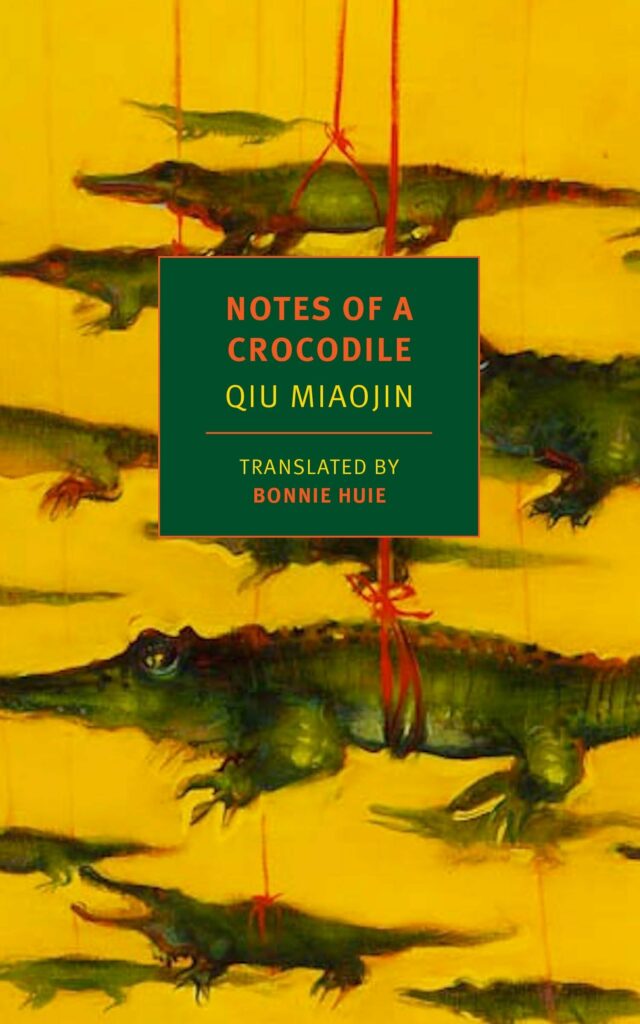
Cult classic Notes of a Crocodile embroils its anonymous lesbian narrator (nicknamed ‘Lazi’) in a vibrant coming-of-age story. Lazi embarks on third-level education in late-1980s Taipei in the post-martial-law era, and her take on university life is one many queer readers will recognise: Lazi feels she never really had a youth, but in her first semester she’s determined to push past the emotional boundaries that once kept her desires in check. Drawn to Shui Ling from their first clandestine meetings on the number 74 bus, Lazi struggles with the full implications of attaching herself to someone else and finds solidarity through a gay circle of friends whose connection is as lively as everything else about this book. A masterpiece from one of Taiwan’s foremost modern writers.
Buy the book here.
Another Country – James Baldwin
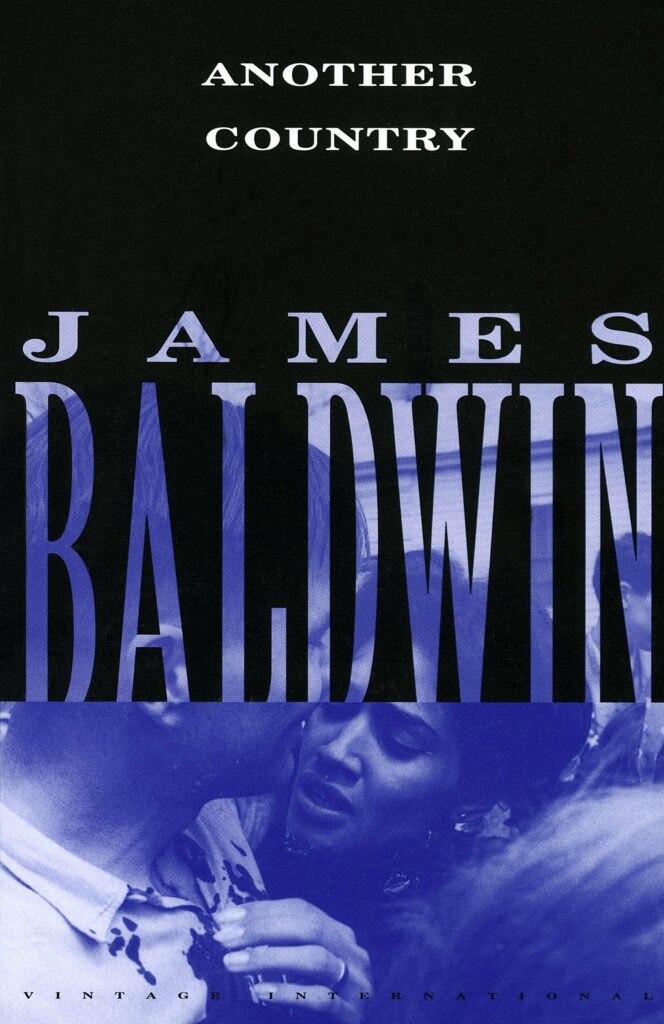
Another Country shows what James Baldwin described in a letter as the characters’ desperate searches “for the self-knowledge and self-esteem – the identity – without which real love is impossible”. While the cast is stacked and varied, the two primary characters are queer men, a Black jazz musician and a white Irish-American actor, who had a short and failed relationship before parting. A sprawling novel set primarily in Greenwich Village and Harlem, Another Country considers how divisive social systems can rend the human heart. Rarely has one book been so mercilessly systemic in its implications and so delicate in its poetic fine print. Baldwin has a sociologist’s understanding of how hatred and exploitation shape individual lives, but his artistry and command of language are what truly make this book a queer classic.
Buy the book here.
Ornaldo – Virginia Woolf
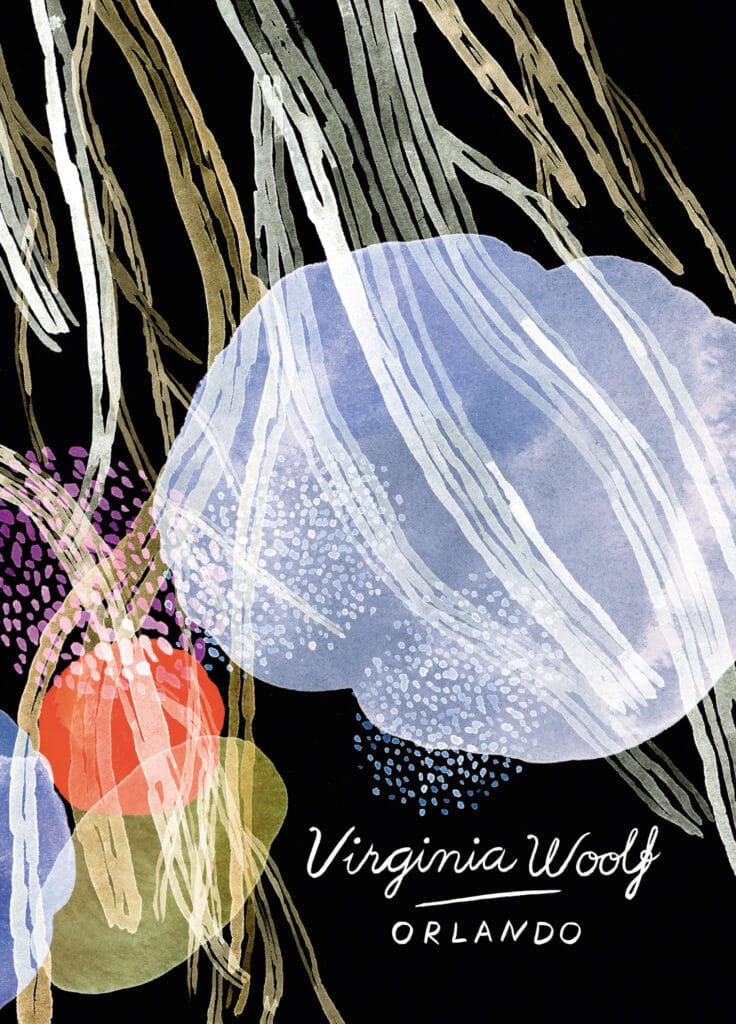
A ludic twentieth-century upturning of gender, Virginia Woolf’s Orlando (1928) imagines identity as transcending the body. Elizabethan nobleman Orlando falls into a deep sleep and awakes to find unexpectedly that he is now a she. Over a four-century lifespan, our protagonist enjoys a range of exploits that allow Woolf to lampoon bombastic English historiography. Orlando also celebrates Woolf’s longstanding and much-loved partner and friend, Vita Sackville-West, with the spry humour that characterised many of their letters. For all her intellectual heft, Woolf understands the consuming physicality of love: “For where other thoughts are content to remain abstract, nothing will satisfy this one but to put on flesh and blood, mantilla and petticoats, hose and jerkin”.
Buy the book here.
The Importance of Being Earnest – Oscar Wilde
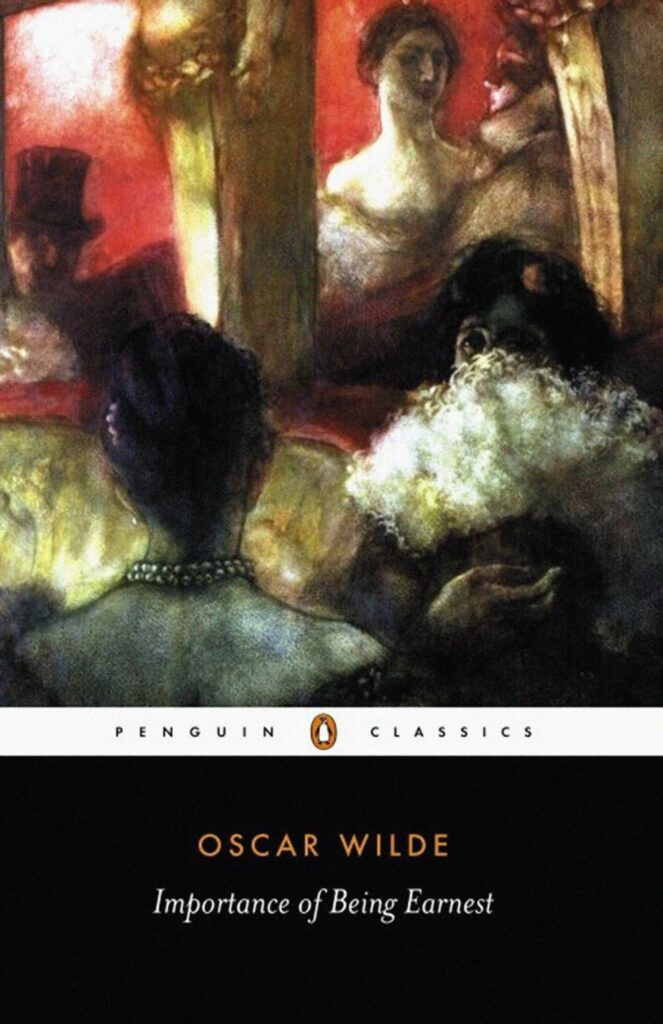
Fine, it’s a play, but I prefer Wilde’s plays to his novel. No-one in The Importance of Being Earnest is explicitly gay, but they’re all camp to the hilt, full of heavily stylised role-reversals and value-flips. English aristocrats Jack, Algernon, Gwendolen and Cecily untangle, retangle and detangle their love lives under the reign of Queen Victoria and the haughty gaze of socialite Lady Bracknell. The play’s shifting reception perhaps illustrates trends in literary scholarship: the majority mood was first one of eliding gay connotations, then of finding gayness on every page. More recently there’s been a shift towards arguing that the play itself isn’t inherently gay, but it might become so when the audience associates it with Wilde. Well, I’m in that audience, and to me it’s gay as hell.
Buy the book here.
Naoise Dolan is a queer, autistic novelist from Dublin, Ireland. Her debut novel Exciting Times was longlisted for the Women’s Prize for Fiction and the Swansea University International Dylan Thomas Prize, and was shortlisted for the Waterstones Book of the Year. It tells the story of a young Irish woman as she navigates relationships and her sexuality while teaching English in Hong Kong.
Exciting Times is out now in paperback.
This article contains affiliate links, PinkNews may earn revenue if you click through and purchase products through the links.
